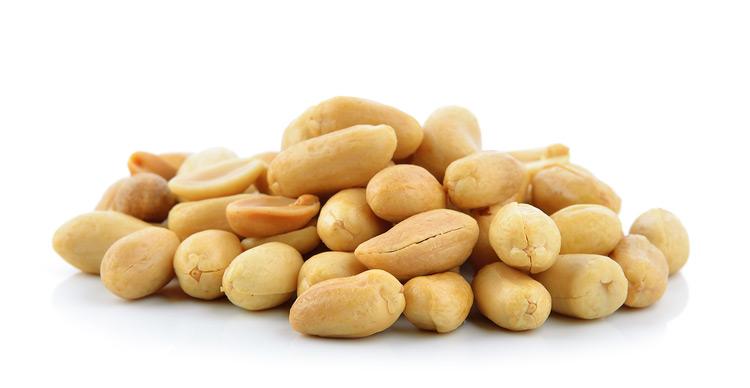Surprisingly, peanuts are not nearly in the nut family. The peanut plant likely instigated in South America in Peru or Brazil. In South America, scientists have found 3,500year-old pottery in the shape of peanuts and decorated with peanuts. They are categorized as legumes along with foods like soybeans, green peas, and lentils.
Peanuts grow below ground as the peanut plant fruit. In the initial 1800s, Americans initiated growing peanuts as the peanuts Supplier, commercial crop. On a regular, Americans eat more than 7 pounds of peanuts every year. Today, people eat 50% of peanuts in the United States; consume them in peanut butter. The health profits are not limited to just the peanut itself. Peanut oil and peanut flour fat-free have been shown to significantly lower cholesterol and have heart-protective effects.
Health Benefits
People consider that the peanut is not as nutritionally valuable as proper nuts like almonds, cashews, or walnuts. But really, peanuts have many of the same health advantages as the more expensive nuts and should not be ignored as a nutritious food.
Heart Health
Walnuts and almonds consider as “heart-healthy” foods, given their great content of unsaturated fats. But many studies suggested that peanuts are every bit as good for heart health as more costly nuts.
Peanuts help in preventing heart disease by lowering cholesterol levels. They can also stop producing small blood clots and reduce the risk of heart stroke or attack.
Weight Loss
Foods like peanuts with a lot of protein can help you feel full and healthy with fewer calories. In the nuts family, the peanuts supplier is second only to almonds when it comes to protein. Studies have shown that people who comprise a moderate peanuts amount in their diet will never gain weight from peanuts. Peanuts can help them lose weight.
Reduce Inflammation
Peanuts are an excellent fiber source, helping reduce inflammation throughout your body and aid your digestive system.
Longer Life Span
Eating peanuts may help you live a longer span too. A large-scale study concluded that people who regularly had any nuts (plus peanuts) were less chance to die of any reason than people who seldom ate nuts.
As the study was observational, it cannot prove that peanuts caused the lower death rates, but they are associated with them.
Cancer Prevention
Research has confirmed that for older people, eating peanut butter might help lower the risk of developing a specific type of stomach cancer known as gastric non-cardia adenocarcinoma.
Lower Diabetes Risk
Peanuts are a low-glycemic food, which means eating them does not cause a spike in your blood sugar levels. Studies have found that eating peanuts can reduce the risk of type 2 diabetes in women.
Nutrition
Peanuts are rich in fat, protein, and fiber. Whereas peanuts may have a large amount of fat, the fats they contain are known as “good fats.” These kinds of fats help lower your cholesterol levels. You should buy peanuts and their other products from the leading peanuts supplier near you for the peanut’s best quality.
Peanuts are also an excellent source of:
- Vitamin E
- Copper
- Magnesium
- Folate
- Arginine












No Comments